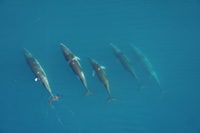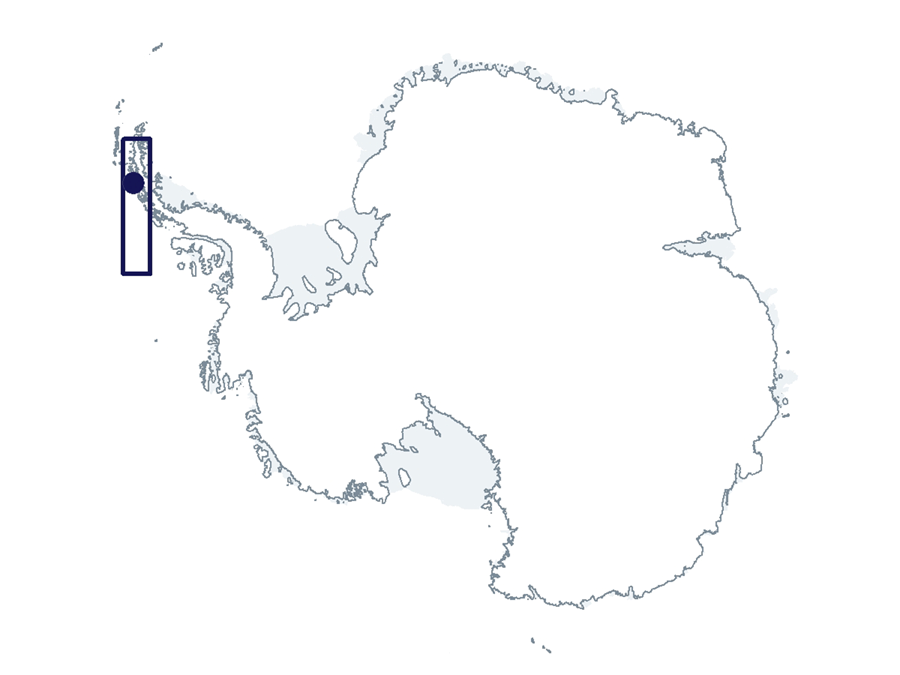2021-2022 USAP Field Season
Project Detail Project TitlePalmer, Antarctica Long-Term Ecological Research (LTER): land-shelf-ocean connectivity, and ecosystem resilience, and transformation in a sea-ice influenced pelagic ecosystem Summary
Event Number:
Program Director:
ASC POC/Implementer: Principal Investigator(s)
Dr. Ari Seth Friedlaender
Location
Supporting Stations: RV/IB Nathaniel B. Palmer, Palmer Station DescriptionSeasonal sea ice-influenced marine ecosystems at both poles are regions of high productivity concentrated in space and time by local, regional, and remote physical forcing. These polar ecosystems are among the most rapidly changing on Earth. The Palmer Long Term Ecological Research (PAL-LTER) project seeks to build on three decades of long-term research along the West Antarctic Peninsula (WAP) to gain new mechanistic and predictive understanding of ecosystem changes in response to disturbances spanning long-term, decadal, and higher-frequency “pulse” changes driven by a range of processes, including natural climate variability, long-term climate warming, resiliency/recovery in the face of press versus pulse forcing, transformed spatial landscapes, and food-web alterations. We will contribute to fundamental understanding of population and biogeochemical responses for a marine ecosystem experiencing profound change. Field Season OverviewUp to two team members will deploy on the annual LTER cruise aboard the RV/IB Nathaniel B. Palmer. Throughout the cruise, they will use small boats to deploy suction-cup tags and collect biopsy samples and photo-ID data on individual whales. They will also collect underway echo sounder data from the hull-mounted SIMRAD EK60. In the vicinity of Palmer Station, they will recover and redeploy two passive, acoustic, sound-trap moorings. Additionally, they will use a dedicated small boat for visual surveys of marine mammals, quantitative prey mapping, biopsy sampling, and suction-cup tag deployment and recovery. When a second small boat is able to accompany the team, these studies will take place in the extended boating area around Palmer Station. Deploying Team Members
|
2021-2022 Science Planning Summaries



For USAP Participants |
For The Public |
For Researchers and EducatorsContact UsNational Science FoundationOffice of Polar Programs Geosciences Directorate 2415 Eisenhower Avenue, Suite W7100 Alexandria, VA 22314 Sign up for the NSF Office of Polar Programs newsletter and events. Feedback Form |



